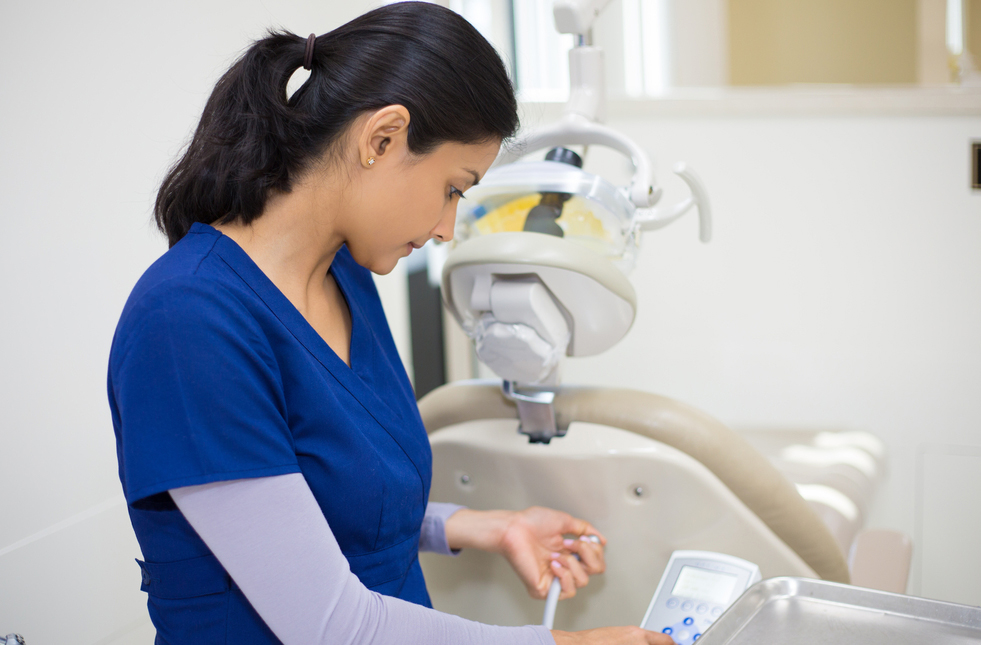The Union budget has ignored pleas by India’s domestic medical device makers to the Centre to protect them from foreign manufacturers whose sales in India have grown 24 per cent in the past year, a consortium of domestic industry said on Friday.
The Association of Indian Medical Device Industry (AIMED) said it is “disappointed” at the Union budget because it contains virtually no provisions to reduce India’s dependence on imported medical devices that already make up about 80 per cent of the domestic market.
“We are extremely disappointed — the Narendra Modi government has claimed it supports ‘Make in India,’ but it has done almost nothing to support the Indian medical device industry,” said Rajiv Nath, AIMED’s coordinator.
Senior AIMED officials, in meetings and electronic communication with government officials ahead of the budget, had pointed out the 24 per cent increase in imports of medical devices — from Rs 31,386 crore to Rs 38,837 crore — citing commerce ministry and industry data.
The consortium is seeking higher import tariffs on medical devices from their current levels of zero to 10 per cent. AIMED said it is only asking for a “nominal tariff protection policy” as is done for mobile phones to ensure competitiveness for domestic manufacturers.
“While the Modi government is touting the success of the Make in India programme, the beleaguered domestic medical devices industry is focusing on exports as they continue to lose their market share to imports on account of inadequate tariff protection, lack of non-tariff import barriers and other factors,” Nath told The Telegraph.
“For products also made in India, we seek at least 15 per cent import tariffs as it is done for electronic products,” he said.
India has around 800 to 1,000 domestic medical device makers with products ranging from syringes to surgical instruments to coronary stents and other implants. But India imports about 80 per cent of medical devices, including 21 per cent from the US, 14 per cent from Germany, 11 per cent from Singapore, 10 per cent from China and 7 per cent from the Netherlands.
Rajiv Chhibber, vice-president, external affairs, with Shahajanand Medical Technologies, a domestic device maker, said incentives for growth and innovation to promote make-in-India will reduce import dependence, making healthcare affordable.











